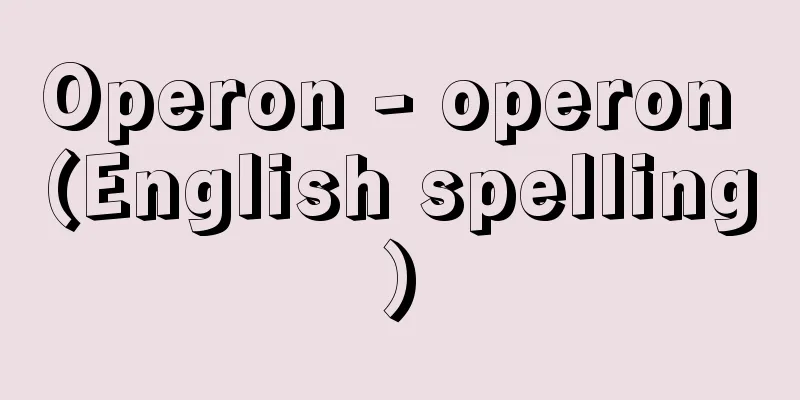Representative of interests - Rieki Daihyo

|
Representatives elected to realize the interests of a particular class, class, group, region, etc. A typical example is the delegations of members of each class in medieval estate-based assemblies, which acted separately as representatives of the interests of their respective classes. Because this method of representing interests had drawbacks, when the modern parliamentary system was established through the civil revolution, the political philosophy was set forth that each member should be a representative of the entire nation, and not a representative of a particular interest. However, after that, as parliamentary politics came to be run primarily by political parties, each member also came to represent the class interests of the party to which he or she belonged and the electorate that supported that party, and it became inevitable that the direction of politics would be determined by the balance of power between political parties that represented interests. Moreover, individual assembly members seek to gather votes and secure campaign funds by acting as representatives of the interests of their own constituencies. Furthermore, the structure of modern society is complex and diverse, and people's interests are extremely diverse, making it difficult to reflect and realize the interests of each occupational group in parliament through two to five political parties. This leads to the rapid organization of each interest group, and the so-called pressure group phenomenon, which puts pressure on political parties, the government, and parliament, becomes widespread. When this happens, pressure groups and assembly members become linked together to form "tribe assembly members," and a political system in which assembly members are organized and act as representatives of the interests of specific groups becomes fixed. [Hiroshi Tanaka] [Reference] |Source: Shogakukan Encyclopedia Nipponica About Encyclopedia Nipponica Information | Legend |
|
特定の身分・階級・集団・地域などの利益の実現を図るために選出された代表者。各身分の利益代表としてそれぞれ行動した中世の身分制議会における各身分の議員団がその典型例である。こうした利益代表のあり方には弊害があったため、市民革命によって近代議会制が確立された際には、個々の議員は全国民の代表者であり、特定利益の代表者であってはならない、という政治理念が掲げられた。しかし、その後、議会政治の運営が政党を中心に行われるようになると、個々の議員も自己の属する政党やそれを支持する選挙民の階級的利益を代表することになり、政治の方向は利益代表的性格をもつ政党間の力関係によって定まるという現象が必然化した。 また個々の議員は自己の選挙区の利益代表として行動することによって票の収集と選挙資金の確保を図る。さらに現代社会の構造は複雑・多岐にわたり、人々の利害もきわめて多様化しているので、2ないし5ほどの政党を通じて各職能集団の利益を議会に反映させ実現することは困難な状況となり、ここに、各利益集団の組織化が急速に進み、政党・政府・議会などに圧力をかけるいわゆる圧力団体現象が広範にみられるようになる。こうなると各圧力団体と議員とが結び付いて「族議員」となり、議員が特定集団の利益代表として系列化され行動する政治システムが固定化される。 [田中 浩] [参照項目] |出典 小学館 日本大百科全書(ニッポニカ)日本大百科全書(ニッポニカ)について 情報 | 凡例 |
Recommend
Naga Matsumoto
Noh actor. Shite actor of the Hosho school. Born ...
《Sarvadarśanasaṃgraha》 (English notation) Sarvadarsanasamgraha
…He was a brother of Sayana, a famous commentator...
"The Imperial Compendium of the History of China"
…One of the most important general histories writ...
Clouds - Unnou
Noun: A monk who wears a simple robe and travels a...
Alēktō (English spelling) Alekto
...When they appeared on stage as choruses in the...
Elastin
A type of scleroprotein. It is a structural protei...
Peng Zu -
A legendary figure from ancient China. His surnam...
Ogmios
...The sickle is an attribute of the Roman god of...
La Chapelle‐aux‐Saints
A cave in the village of the same name in the Corr...
Katipunans (English spelling)
The nickname of the secret society that was the ba...
Bode's law
An empirical law that applies to the distance betw...
Maple sugar (Kaedetou) - Maple sugar
Sugar made from the sap of sugar maples, also know...
Lichfield
A city in the southeast of Staffordshire County, m...
Phonolight - Fonolight (English spelling) phonolite
In the narrow sense, it is a fine-grained volcani...
technical innovation
…It was originally introduced into Japanese as a ...



![Naka [town] - Naka](/upload/images/67cc62442709a.webp)





